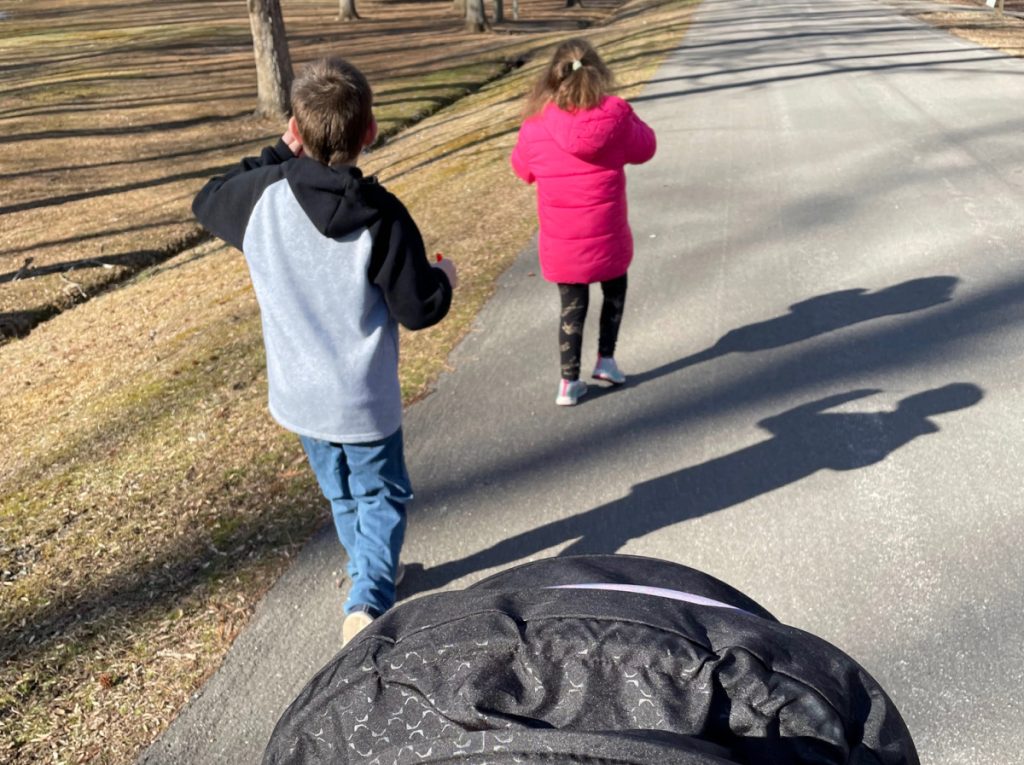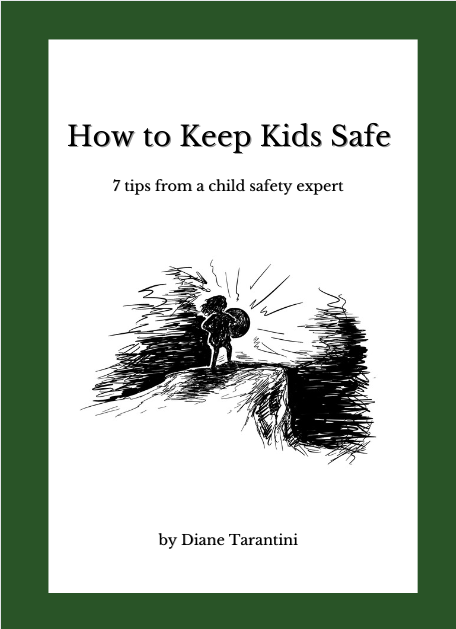Child Safety Parenting Tips–guest post by Kristin Peters
No matter where you live or what you do for a living, parenting is hard. Full stop.
It’s a lot of other things, too—joyful, fun, refreshing, rewarding, exciting—but “hard” is right up there.
Within the first few years of parenting, you learn how little you know and how little control you really have. And the world feels… different now. Through your child’s eyes, you get to see how beautiful and amazing the world can be.
Now that you’re in charge of keeping a precious little human safe, the world also seems more dangerous. Scarier. The shadows were always there, but they seem darker now, and they’re everywhere.
I think most (if not all) parents experience this to an extent, but:
Parenting is a little more intense when your husband works in the child protection field.
An Introduction
My husband is Robert Peters. Ever since meeting Boz Tchvidjian in law school, Robert has dedicated himself to protecting children. He began his legal career as a prosecutor specializing in domestic violence and child abuse cases. During that time, he also founded a nonprofit, SHIELD Task Force, to coordinate child abuse prevention efforts between law enforcement, schools, and social services in Marion County, West Virginia.
After years as a prosecutor, Robert shifted into the nonprofit world full-time. Over the past five years, he has worked for NW3C and Zero Abuse Project. This month, he started a new position as the Director of Institutional Response at GRACE, an organization that works to address and prevent abuse in Christian communities.
All of that to say this—
My husband stands witness to the worst parts of humanity on a daily basis. For him, those shadows we all sense have names, faces, and very real victims.
How This Affects Our Parenting
Although I am rarely involved directly in the work my husband is doing, we are married. We’re partners. I’m sure he does not share everything he sees and experiences with me—but I’ve been exposed to enough that the shadows feel more sinister and pervasive.
Growing up, I had sleepovers with my friends fairly frequently. I don’t think abuse prevention was really on my parents’ radar, but it was more common for friends to stay at my house than vice versa. I am positive that little, if any, thought was given to the child protection policies of any schools or churches we attended. Also, most summers I went to Christian summer camps.
My parents weren’t inattentive or careless. They were very involved and made sure they knew my friends’ parents. I had a happy childhood, and nothing “bad” happened to me in any of those environments. Still, in retrospect—knowing everything I know now—I can see how things very easily could have gone differently.
I also know my kids will not have the same experience I did, because I won’t have the same experience my parents had. I have more questions, concerns, and worries about the environments in which my children spend time and the people who spend time with them.
For instance,
I don’t know if I’ll ever feel comfortable sending my kids to an overnight camp.
Maybe when they’re teenagers, but even then…
So far, we have allowed sleepovers only in very limited circumstances and avoided them almost entirely for our daughters. The kids haven’t pushed back much, but I don’t know how long that will last. The issue just hasn’t come up much, and on the rare occasion that we have had to say “no,” we have been able to cite reasons other than, “Mommy and Daddy know you can never really fully trust anyone.”
Finding a church that felt like home has been challenging, too.
We have left churches that did not seem open to discussing their child protection policy and stayed longer than we would have at others because at least we felt good about the children’s programs—which is relatively rare, especially for my husband.
I’m naturally prone to anxiety and overthinking, anyway. Combine that with what my husband does for a living, and I feel almost constantly on high alert as a parent. I have to say “no” to a few things that would, statistically speaking, probably be fine because I know what could happen. As a recovering people-pleaser, I often feel awkward and uncomfortable with the decisions I have to make. I worry that we look unreasonable or judgemental.
But I also know:
My first job is keeping my kids safe and that prioritizing their safety is justified.
I know Diane’s blog is packed with good information and helpful tips about how to keep kids safe, from teaching the anatomical terms for body parts to respecting your kids’ boundaries by not forcing hugs and other displays of affection.
Kids live so much of their lives online. They use the internet to play, learn, connect, and create—and they pick up new technology with ease. It’s important to remember, though, that being technologically savvy does not mean your kids know how to navigate the internet safely. We still have a lot of work to do to keep them safe.
With that in mind,
Here are a few child safety parenting tips that may help:
- Trust your gut—be vigilant, not paranoid. You know your kids best, so trust your instincts and keep an eye out for anything that doesn’t feel right. Just remember that being too paranoid can cause stress and anxiety for both you and your kids. Finding that balance between staying aware and staying calm can help you keep your kids safe while also maintaining a healthy relationship with them.
- Prioritize relationship. Of course, it’s important to set rules—but talking with and listening to your kids is how you make sure they follow those rules. When kids feel heard and understood, they’re more likely to follow your rules and stay safe. By being open with them, you lay the groundwork for them to trust you and come to you when they need help.
- Be familiar with your child’s (digital) life. Taking an active interest in your child’s digital life can help you establish a stronger bond and a better understanding of their world, which can lead to better decision-making and safer online behavior. Find out which online games and mobile apps your child uses and learn more about how each one works so that you can help navigate them responsibly. Helpful resources include Common Sense Media, NetSmartz Workshop, Cyberwise, and Family Online Safety Institute (FOSI).
- Teach (and model) good digital citizenship. Kids pick up a lot of their best (or worst) habits simply by watching their parents, so it’s important to model being respectful and kind to other people both online and in person. You can also teach your kids online etiquette and safety, including how to avoid cyberbullying and use appropriate language.
Throughout all of this, remember that fostering trust with your kids is crucial.
How you react to big events and tough issues can show your kids that you are trustworthy and empathetic—someone they can come to with big feelings and hard questions.
When you’re supportive and kind, you create a safe space where kids feel comfortable talking about anything. This, in turn, will make them more likely to listen to what you have to say, respect the boundaries you set, and confide in you if they experience any type of abuse.
Kristin Peters is a freelance writer and editor, wife, and mother of three. She loves taking on new challenges in both her personal and professional life, which means she’s often exhausted but rarely bored. She spends most of her time reading, writing, and otherwise enjoying all of the freedom, flexibility, and variety that comes with freelancing.










